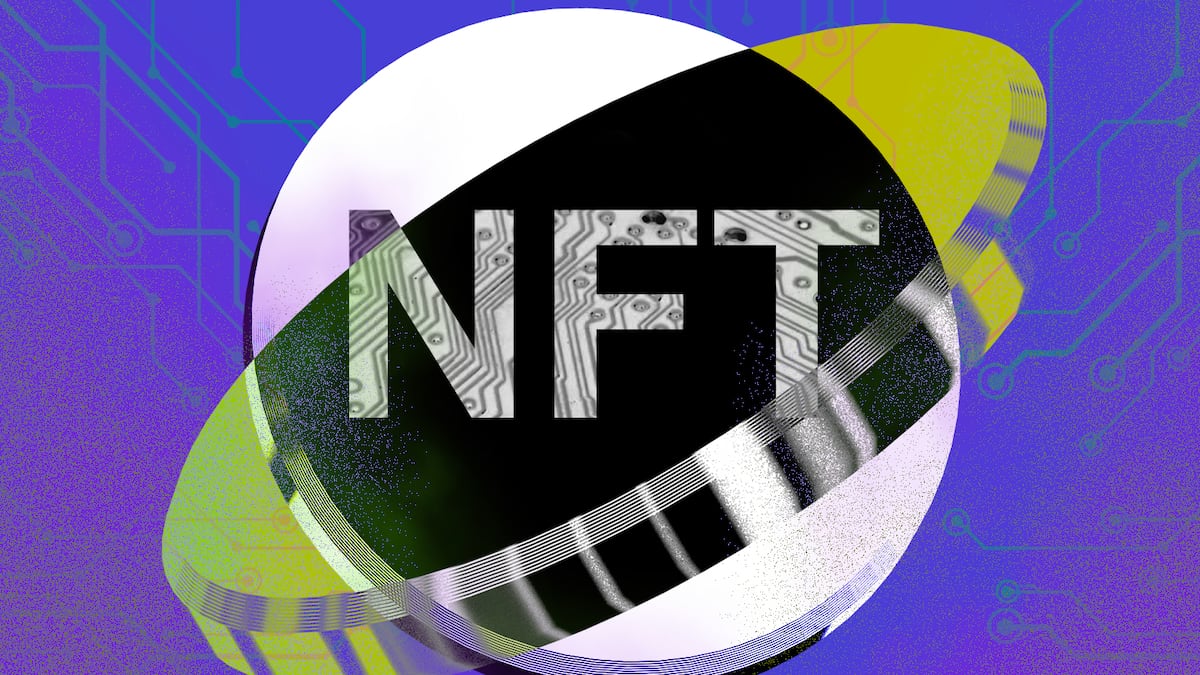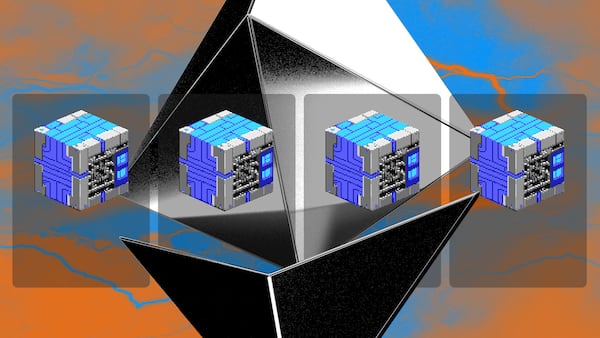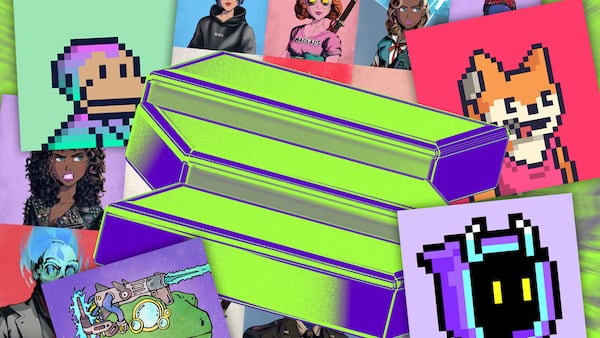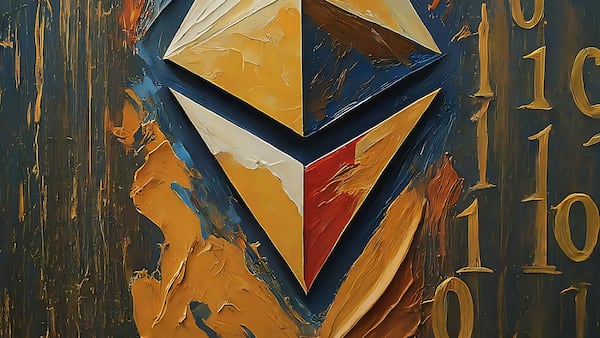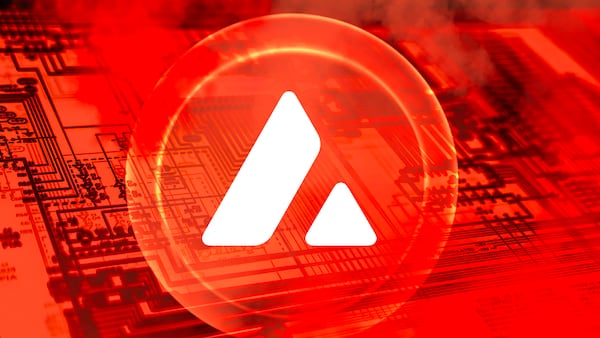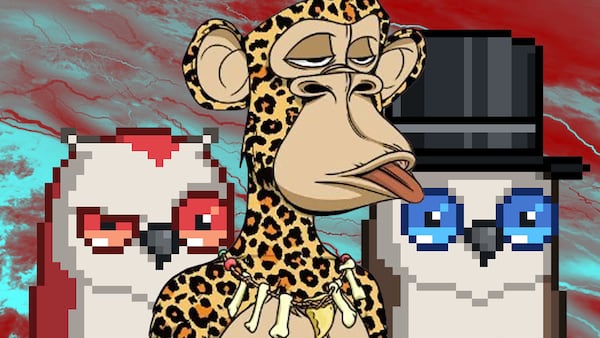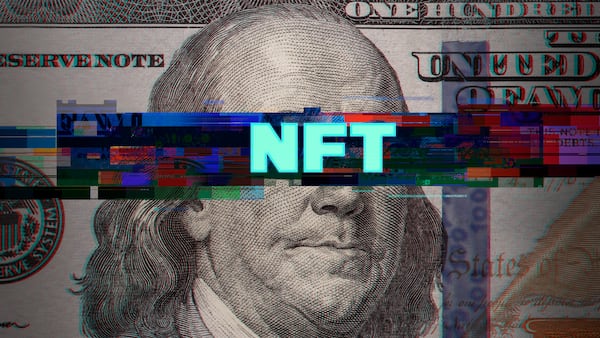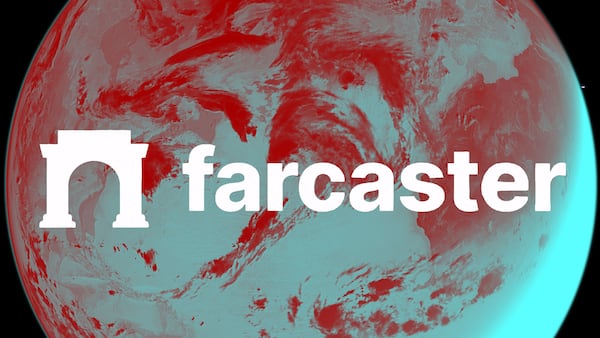- Bitcoin NFTs now dominate trading volume on Magic Eden.
- Inscriptions-based Bitcoin NFTs have reached $100 million in trading volume this month.
- Popular collections NodeMonkes and Puppets are leading the charge.
Bitcoin NFTs are having a barnstorming February.
Ordinals-inspired Bitcoin NFT trading has crossed $100 million on Magic Eden this month, data from the platform’s Dune dashboard shows. Ordinals is a protocol that allows users create non-fungible tokens and crypto tokens on the Bitcoin blockchain.
February’s Bitcoin mark is a record for monthly NFT trading for a single blockchain on Magic Eden, a marketplace that supports NFTs created on four different blockchains.
Bitcoin NFTs now account for almost two-thirds of the trading volume on Magic Eden, generating $2 million in fees for the platform, the data shows.
Magic Eden used to support only Solana-based NFT collections when it launched in September 2021, but it now supports collections on the Polygon, Bitcoin, and Ethereum blockchains. Support for the Ethereum-based NFTs started today.
February’s record-setting Bitcoin NFT trading volume comes amid an uptick in trading activity on popular collections NodeMonkes and Puppets.
NodeMonkes claims to be the original 10,000-item collection inscribed on Bitcoin.
The collection’s floor price on Magic Eden is at a hefty $20,800, an increase of 105% from the prior week’s floor price.
A floor price is the lowest price on offer for an NFT from a particular collection on a marketplace like Magic Eden.
Traders can use floor prices to determine the minimum value of an NFT collection. By that measure, NodeMonkes is now worth $208 million.
By comparison, Bored Apes, the most valuable NFT collection by floor price, is worth $773 million.
Puppets, the other high-performing Bitcoin NFT collection, had an even greater increase in floor price in the last week, rising 130%.
Both of the NFT collections are made possible on Bitcoin by a method called “inscriptions” — a way to embed images and audio files on the Bitcoin blockchain by placing them onto a Satoshi, the smallest Bitcoin denomination.
Unlike Ethereum, Bitcoin doesn’t have native smart contract support.
But with inscriptions, developers can mimic Ethereum’s smart contract functionality on Bitcoin to create applications like NFTs and memecoins.
While inscriptions have opened a new vista for Bitcoin functionality, the market segment has its detractors. Bitcoin purists cast a jaundiced glance at inscriptions, often dismissing them as spam clogging up the blockchain.
Veteran Bitcoin developer and vocal Inscriptions critic Luke Dashjr has even tried to push for filtering mechanisms that target these so-called spam transactions.
Osato Avan-Nomayo is our Nigeria-based DeFi correspondent. He covers DeFi and tech. To share tips or information about stories, please contact him at osato@dlnews.com.
